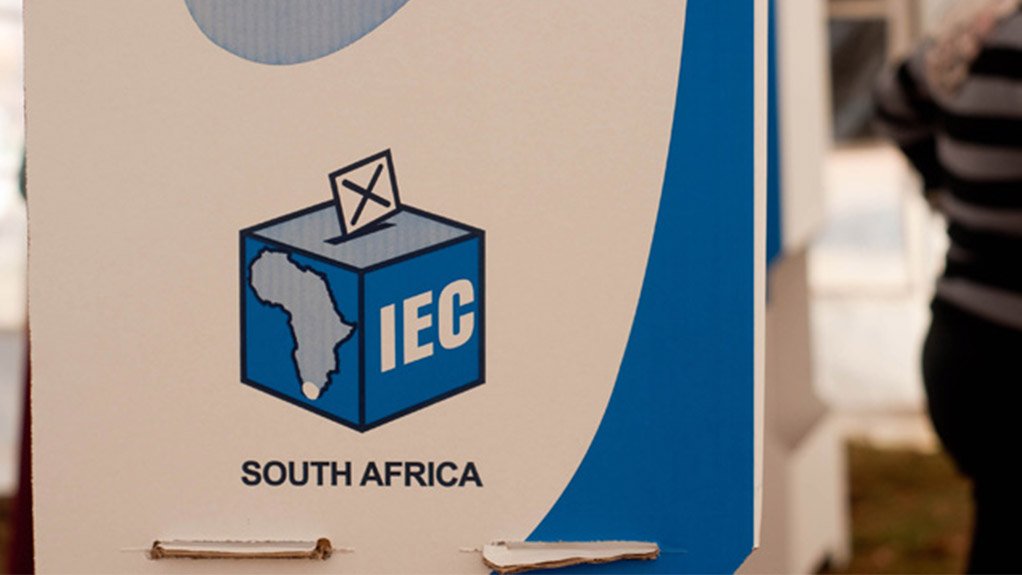The Electoral Commission of South Africa (IEC) must be ready to deliver free and fair elections when called upon to do so as the Constitution doesn't provide for an alternative.
The IEC delivered this message to the Portfolio Committee on Cooperative Governance and Traditional Affairs on Tuesday evening.
The committee also heard from the Municipal Demarcation Board, South African Local Government Association (Salga) and the Department of Cooperative Governance and Traditional Affairs in the meeting, which started at 19:00 and adjourned close to midnight.
A concern was whether the coming local government elections would take place, given that the country is still in the grip of the Covid-19 pandemic.
"Are we going to have credible elections?" asked Economic Freedom Fighters (EFF) MP Hlengiwe Mkhaliphi.
Legitimacy
The EFF advocates for the local government elections' postponement and having it with the general elections in 2024.
African National Congress MP Bheki Hadebe was concerned about incoming councillors' legitimacy if many people don't vote.
"Is it advisable to forge ahead with the 2021 elections?" he asked.
IEC vice-chairperson Janet Love said they wanted the greatest possible participation. Outreach programmes were being planned.
She said not having the election would lead to a legitimacy problem for current councillors when their terms end.
Love said it was not the IEC's call – the Constitution enshrines regular elections.
IEC deputy CEO for election operations Masego Sheburi elaborated on the issue.
He said the Constitution placed a ceiling of five years on municipal councillors' terms.
"The Constitution further dictates an election must be held within 90 days of the expiry of the term," he said.
He said the authority to call an election rests with the executive.
There is no constitutional mechanism to postpone an election. This would require a constitutional amendment.
"The posture of the IEC is it must be ready to deliver free and fair elections when called," he said.
He said not doing this would be constitutional delinquency on the part of the IEC.
If the pandemic made it impossible to proceed with the election, they could ask the Constitutional Court for a declaratory order. But in that case, Sheburi said, the IEC would have to show that it has done everything within its power to hold free and fair elections.
He said they have public health measures in place, which they tested during the by-elections in November and December 2020, and which will be refined during the upcoming by-elections in April and May.
Sheburi added that countries like the US, South Korea, Malawi, Israel and France held elections during the pandemic.
"We are under no illusion that this is going to be an easy task," he said, adding that they would succeed if all stakeholders worked together.
Concerning the determination of a date for the elections, Cooperative Governance and Traditional Affairs Minister Nkosazana Dlamini-Zuma has been "thoroughly and fully engaged" by the IEC, said her deputy Obed Bapela.
He said the minister has been "engaging upwards" on the matter, meaning she took it to Cabinet. Matters pertaining to Covid-19, such as the possibility of a third wave of infections, were being considered.
Bapela said Dlamini-Zuma would inform the committee and the nation when the date was set.
The 90-day period in which the elections must be held is between 4 August and 1 November, the IEC said in its presentation to the committee.
"Consultation has commenced but not concluded," read the presentation.
EMAIL THIS ARTICLE SAVE THIS ARTICLE
To subscribe email subscriptions@creamermedia.co.za or click here
To advertise email advertising@creamermedia.co.za or click here











